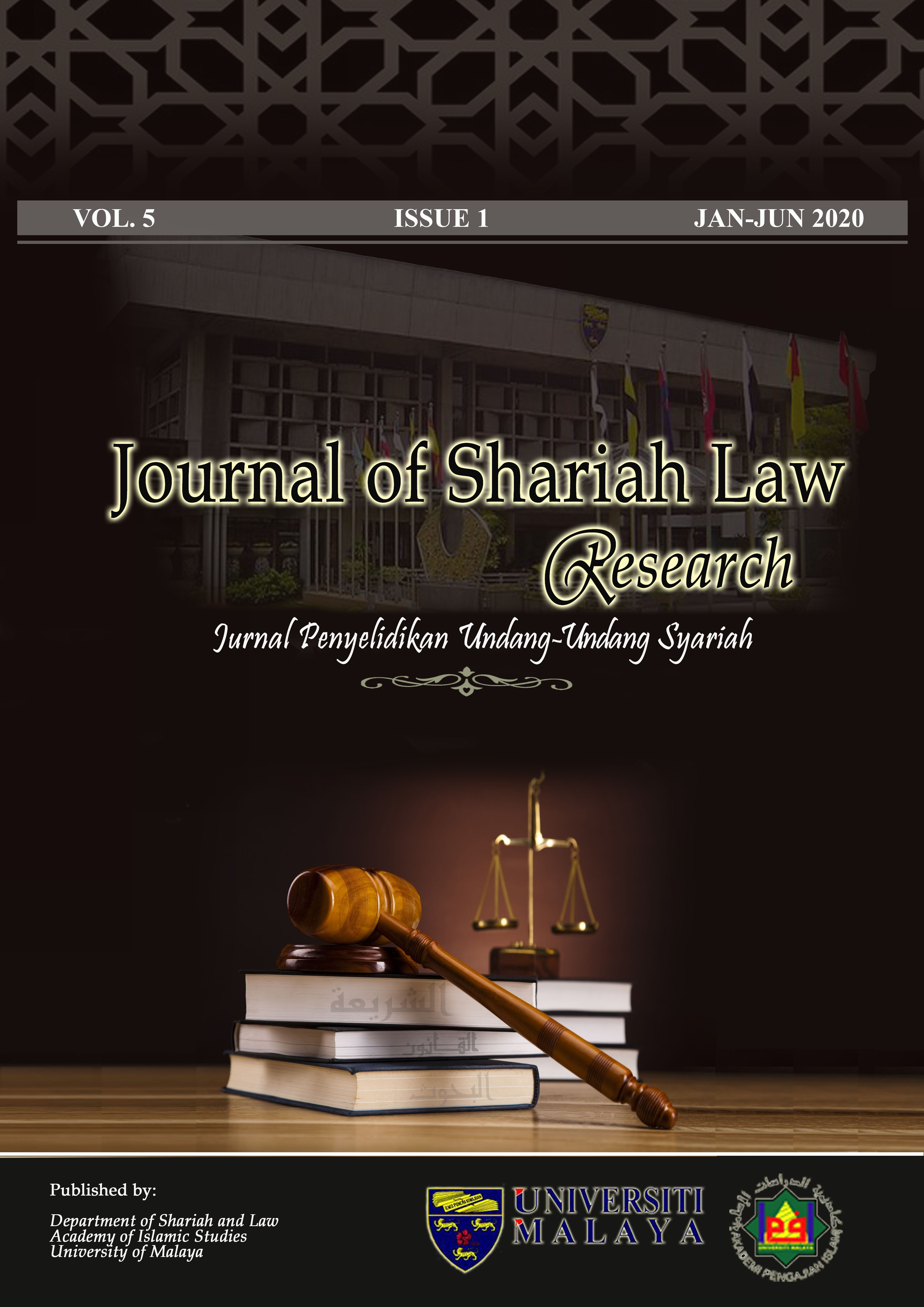PERBEZAAN PENDEKATAN HAK ASASI MANUSIA: SUATU SOROTAN LITERATUR
Different Approaches of Human Rights: A Literature Review
Keywords:
human rights, universalism, relativism, UDHR, CDHRI, AHRDAbstract
The world is on the brink of nuclear war, while both previous World War I and World War II was ended by means of treaty, which includes human rights. This study reviews different approaches of human rights. The historical development of human rights indicates that the idea of human rights has already existed for a long time and it is not originated or protected merely by a specific culture. This historical development is repudiated by the western renaissance (enlightenment), which holds that human rights are a new modern phenomenon. In reality, human rights have already been recognized as a part of international laws by international intergovernmental organizations. This situation causes different and dichotomous perceptions on human rights because it can be understood and interpreted differently. The existence of Universal Declaration of Human Rights (UDHR) and other human rights declarations indicates that there is a difference in approach between ‘Human Rights’ based on universalism, and ‘human rights’ based on relativism. The dichotomy persists to be a continuing trend in the future, putting human rights in trap and conjunction. In fact, both universalism and relativism approaches advocate cultural relativism and particularism. Without justice for both approaches, international human rights laws that has been developed or will be redeveloped would not be more effective for all across the globe.





